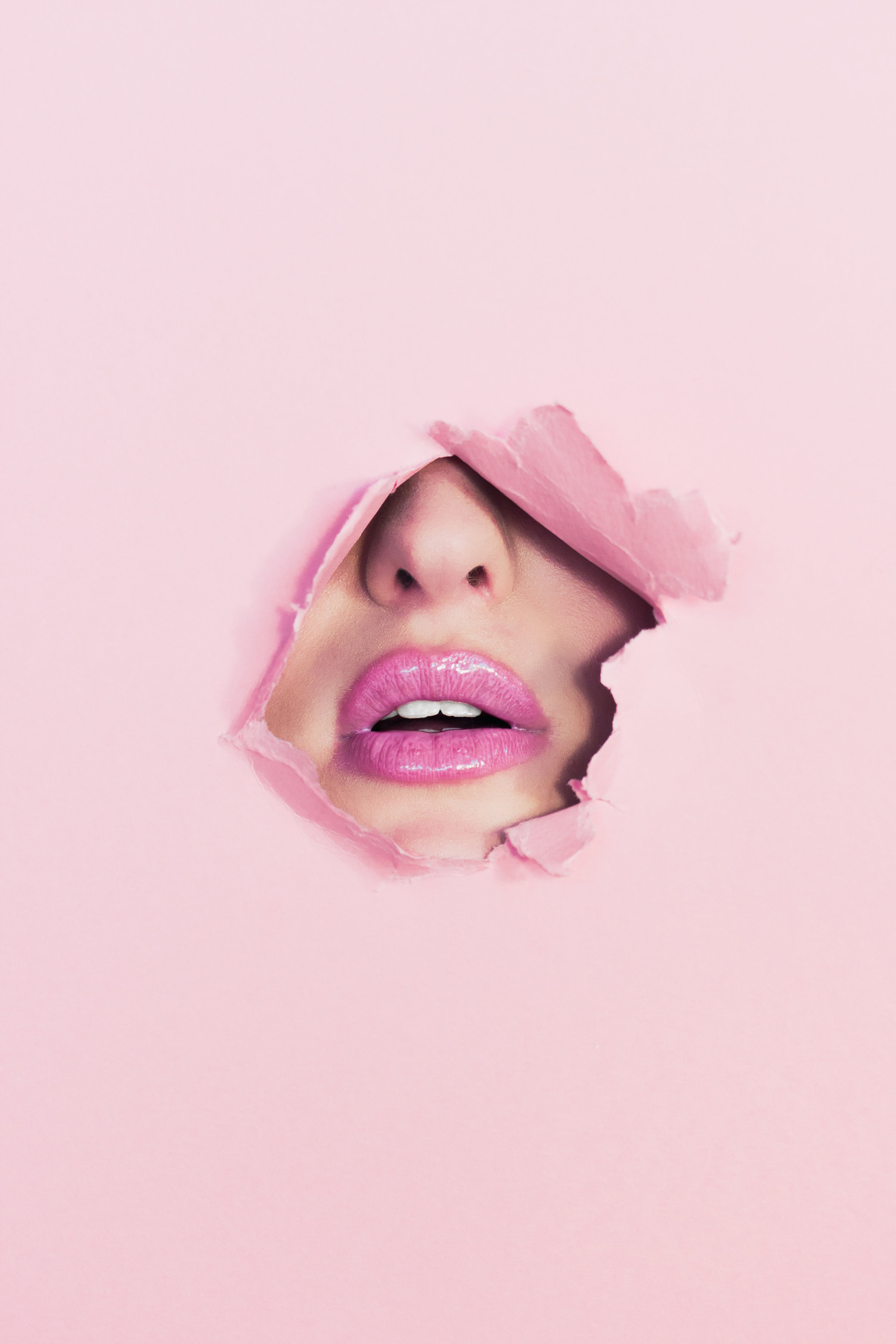Knee Arthritis Helped by Acupuncture
/Any form of arthritis is painful, but knee arthritis can be especially problematic — causing great pain and limited mobility.
Aside from physical therapy and traditional mediations and pharmaceuticals, acupuncture can help. And now there’s research to prove it.
According to HealthCMi, a leading acupuncture news site, researchers at Dongzhimen Hospital and Puxiang Hospital in Beijing treated joint dysfunction and pain due to knee osteoarthritis successfully with abdominal acupuncture in their study that spanned multiple centers.
The report details how a total of 65 osteoarthritis patients were recruited and randomly assigned to standard body acupuncture, or abdominal acupuncture.
“Six male and 24 female patients were treated in the body acupuncture group. Two patients in this group were 40–49 years old, 8 were 50–59 years old, 15 were 60–69 years old, and 5 were 70–75 years old.”
In the abdominal acupuncture group, eight male and 27 female patients were treated. Four patients in this group were 40–49 years old, 14 were 50–59 years old, 12 were 60-69 years old, and 6 were 70–75 years old.
The outcomes of the study were measured with a self-rated score for pain intensity and a questionnaire that included questions about knee pain, swelling and function.
After four weeks of treatment, both groups showed significant improvement but the improvements were, “significantly greater in the abdominal acupuncture group.”
Therefore, the study concluded, “acupuncture is an effective tool in knee osteoarthritis treatment, with abdominal acupuncture offering greater pain reduction than standard body acupuncture.”






















